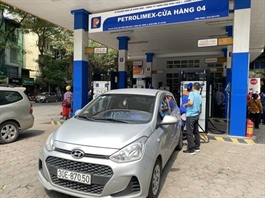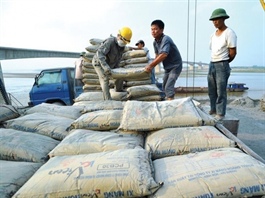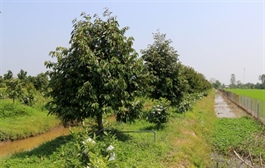Gia Lai eyes branding for coffee
Gia Lai eyes branding for coffee
The Central Highlands province of Gia Lai is focusing on improving the quality and value of its coffee produce and building brands but without expanding the coffee farming area until 2025.

The province has nearly 99,000 hectares under coffee and an annual output of over 267,000 tonnes.
The bean accounts of nearly 71 per cent of Gia Lai’s agriculture exports, and was worth US$490 million in 2022.
Gia Lai has ideal soil and weather conditions for coffee, which plays an important economic role, providing hundreds of thousands of jobs and improving the livelihoods of people, especially ethnic minorities.
Under a province plan for restructuring agriculture, the focus will be on improving quality and value and building brands to boost exports.
While the area under coffee will not be increased, around 9,500ha will be regrown.
Many local coffee processors have been improving their quality and investing in large production and processing facilities to take their products all over the country and to picky foreign markets such as the US, Japan and the EU.
Their high-quality coffee brands include Thu Ha, BaKa, Thuy Dung, and L'amant.
Farmers have been tying up with businesses to be a part of their supply chains, getting training in organic agricultural practices and changing their methods to improve yields and incomes.
Gia Lai is also growing its own unique specialty coffee on around 200ha, and hopes to increase it to 1,200ha by 2025 and have more supportive policies to build brands for it.
Authorities are considering policies to facilitate the development, and encouraging businesses and farmers to adopt technology and increase their rate of processing.
Le Huu Anh, director of Lam Anh Agriculture and Service Co-operative Group in Dak Doa District, said developing clean coffee would be as crucial as integrating stories about coffee into brands, especially with foreign buyers.
“In order for Vietnamese coffee to have a standing in the international market, it is important to ensure transparency related to farms and assist farmers applying organic and clean farming practices.”



























